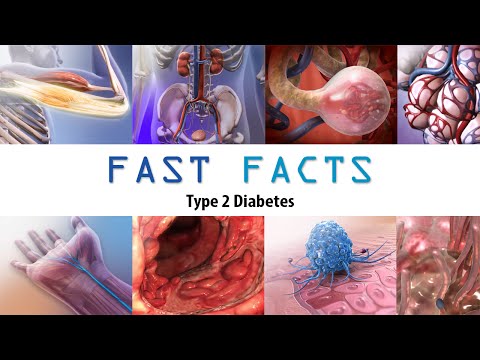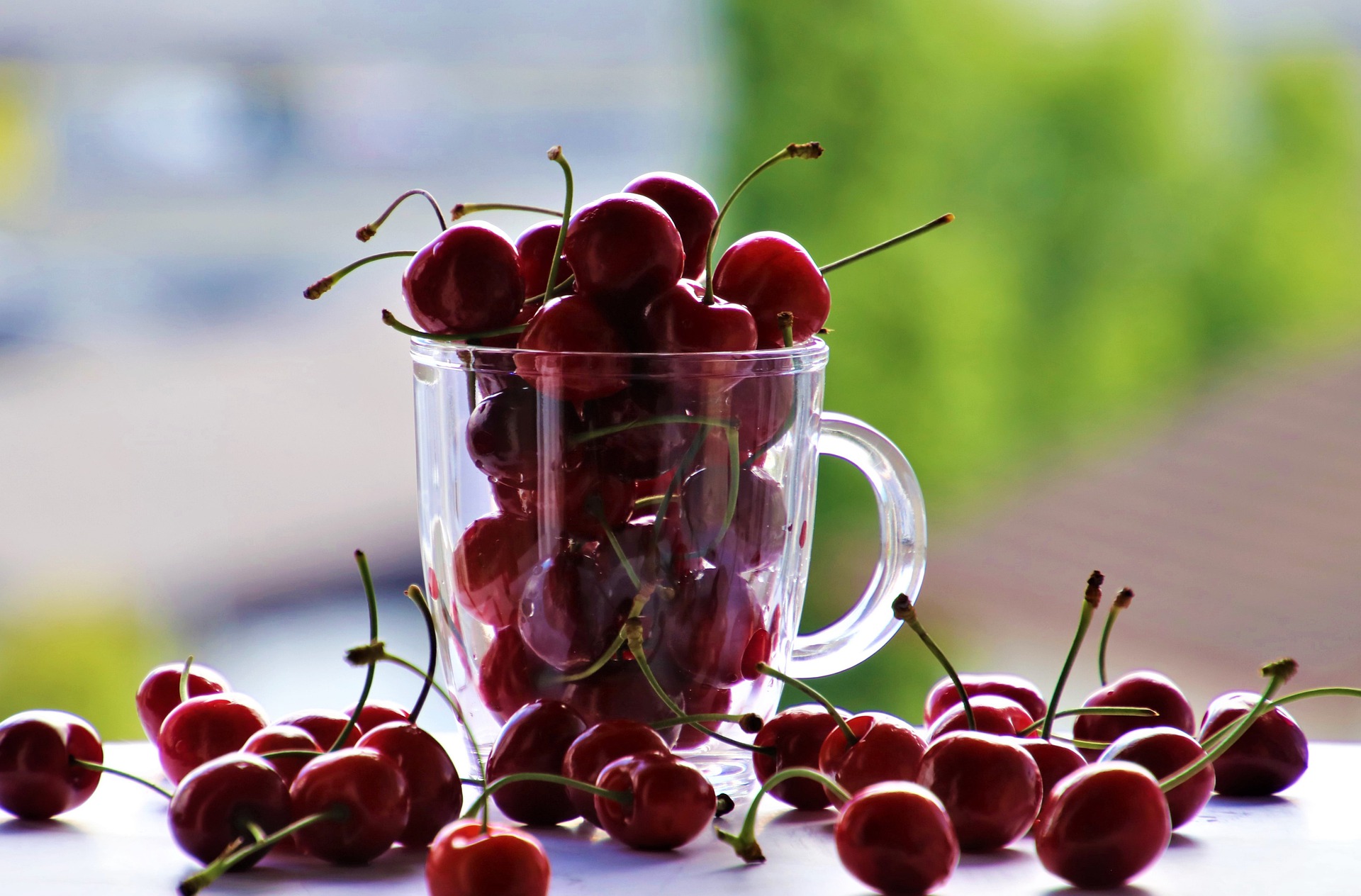What Is a Plant-Based Diet?
A plant-based diet emphasizes whole, minimally processed foods from plants, such as fruits, vegetables, whole grains, legumes, nuts, and seeds. Unlike veganism, which excludes all animal products for ethical reasons, plant-based eating can be flexible—some people include small amounts of fish, poultry, or dairy.
The goal is to make plants the star of your plate, supporting both personal health and environmental sustainability.
Why Plant-Based Eating Is on the Rise
In recent years, more people worldwide are choosing plant-based diets, and for good reason:
-
Growing awareness of health benefits
-
Concerns about climate change and sustainability
-
Studies linking plant foods with reduced risk of chronic diseases
-
Rising costs of meat and dairy products
This shift isn’t just a trend—it’s a lifestyle change that’s backed by science.
Science-Backed Health Benefits
1. Supports Weight Management
Plant-based diets are naturally lower in calories and high in fiber, which helps you feel fuller for longer. Studies show plant-based eaters tend to have lower body mass indexes (BMI) compared to those eating meat-heavy diets.
2. Improves Heart Health
Eating more plants can lower cholesterol, reduce blood pressure, and decrease the risk of heart disease. A 2019 study published in the Journal of the American Heart Association found that people following plant-based diets had a 32% lower risk of heart disease.
3. Reduces Risk of Type 2 Diabetes
This diets improve insulin sensitivity and reduce blood sugar spikes. Whole grains, legumes, and vegetables provide slow-digesting carbs that keep blood sugar stable.
4. Boosts Digestive Health
Fiber is the hero of plant-based diets. A high-fiber diet supports healthy digestion, prevents constipation, and nourishes the gut microbiome—essential for immunity and mood regulation.
5. Provides Longevity and Anti-Aging Benefits
Plant-based foods are rich in antioxidants that reduce inflammation and combat free radicals, slowing down the aging process and protecting against chronic illnesses.
6. Benefits the Environment
Eating fewer animal products reduces greenhouse gas emissions, land use, and water consumption, making it an eco-friendly lifestyle choice.
Nutrients to Focus On
A balanced plant-based diet can provide nearly all essential nutrients, but you need to be intentional about some:
-
Protein: Beans, lentils, tofu, tempeh, quinoa, chickpeas
-
Iron: Spinach, lentils, pumpkin seeds (pair with vitamin C for better absorption)
-
Calcium: Fortified plant milks, leafy greens, almonds
-
Vitamin B12: Supplement or fortified foods (not naturally found in plants)
-
Omega-3s: Flaxseeds, chia seeds, walnuts, algae oil
Tips for Transitioning to a Plant-Based Diet
-
Start Small – Replace one meal a day with a plant-based option.
-
Experiment with Recipes – Try stir-fries, grain bowls, and hearty soups.
-
Stock Your Pantry – Keep beans, whole grains, and nuts handy for easy meals.
-
Eat the Rainbow – A variety of colors ensures diverse nutrients.
-
Plan Ahead – Pre-cook grains and legumes to save time during busy weeks.
Sample 1-Day Meal Plan
| Meal | Example |
|---|---|
| Breakfast | Overnight oats with chia seeds, almond milk, and berries |
| Lunch | Lentil and veggie wrap with hummus |
| Snack | Apple slices with peanut butter |
| Dinner | Quinoa, roasted veggies, and chickpea curry |
Common Myths About Plant-Based Diets (Debunked)
-
“You can’t get enough protein.”
→ Reality: Beans, lentils, tofu, and quinoa provide plenty. -
“It’s too expensive.”
→ Reality: Beans, rice, and seasonal veggies are budget-friendly. -
“Plant-based diets are boring.”
→ Reality: Global cuisines offer countless flavorful plant-based recipes.
FAQs About Plant-Based Eating
Q: Can athletes thrive on a plant-based diet?
Yes! Many top athletes, including Olympians, follow this for energy and recovery.
Q: Is plant-based the same as vegan?
Not exactly. Veganism excludes all animal products, while this emphasize plants but may allow some animal foods.
Q: Do I need supplements?
Vitamin B12 is the most important supplement. Omega-3s (from algae oil) may also be beneficial.
Conclusion: Why Try a Plant-Based Diet?
A plant-based diet offers numerous benefits—from improving your health to supporting the planet. Whether you go fully plant-based or simply add more plant foods to your meals, the impact can be life-changing.
The key is progress, not perfection. Even small steps toward eating more plants can lead to long-term health and wellness.
Call to Action (CTA)
Ready to give plant-based eating a try? Start by swapping one meat-based meal for a plant-based dish today.
👉 Subscribe to our blog for weekly tips, meal ideas, and healthy lifestyle guides.








